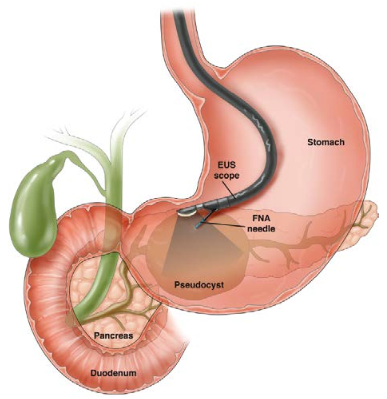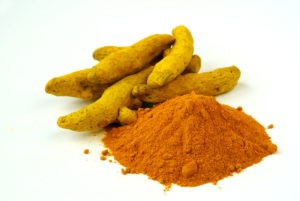
Diagnosed with Cancer? Your two greatest challenges are understanding cancer and understanding possible side effects from chemo and radiation. Knowledge is Power!
Learn about conventional, complementary, and integrative therapies.
Dealing with treatment side effects? Learn about evidence-based therapies to alleviate your symptoms.
Click the orange button to the right to learn more.
- You are here:
- Home »
- Blog »
- Healthy Living Products »
- Curcumin Surpresses Gastric Cancer, Enhances Chemotherapy
Curcumin Surpresses Gastric Cancer, Enhances Chemotherapy

“Curcumin prominently inhibited gastric cancer cell proliferation and promoted cell apoptosis…Curcumin dramatically inhibited tumor growth, increased gastric pH…”
In the age of high tech medicine it is important to understand simple, effective, inexpensive cancer therapies. I am not talking about silver bullet cures. I am talking about a supplement such as curcumin that has been studied and shown to both inhibit gastric cancer while it can synergize or enhance the efficacy of several different chemotherapy regimens causing these chemotherapies to work better.
I am both a cancer survivor and cancer coach. Experience and research has taught me that cancer patients must learn about and use the best of both conventional (FDA approved) and evidence-based non-toxic, non-conventional therapies before, during and after their treatment.
I supplement with Life Extension SuperBio Curcumin. This brand and formula have been evaluated and approved by Consumerlab.com an independent testing service. This brand of curcumin has been shown to be as much as six times more bioavailable that regular curcumin.
If you would like to learn more about conventional and non-conventional therapies to fight stomach/gastric cancer please scroll down the page, post a question or comment and I will reply to you ASAP.
Thank you,
David Emerson
- Cancer Survivor
- Cancer Coach
- Director PeopleBeatingCancer
Recommended Reading:
- Barrett’s Esophagus- Diagnosis, Prognosis and Treatment
- I have Barrett’s Esophagus- what are my options?
- Has My Acid Reflux Become Barrett’s Esophagus or EC?!
Stomach cancer
“Stomach cancer, also known as gastric cancer (GC), is cancer developing from the lining of the stomach.[9] Early symptoms may include heartburn, upper abdominal pain, nausea and loss of appetite…
The most common cause is infection by the bacterium Helicobacter pylori, which accounts for more than 60% of cases.[11][2][3] Certain types of H. pylori have greater risks than others.[2] Smoking, dietary factors such as pickled vegetables, and obesity are other risk factors.[2][4] About 10% of cases run in families and between 1% and 3% of cases are due to genetic syndromes inherited from a person’s parents such as hereditary diffuse gastric cancer.[2] Most cases of stomach cancers are gastric carcinomas…”
Curcumin suppresses gastric cancer by inhibiting gastrin-mediated acid secretion.
“Hyperacidity in the stomach is known to promote the progression of GC. The plant-derived chemotherapeutic curcumin is used to treat gastric cancer…
Curcumin prominently inhibited GC cell proliferation and promoted cell apoptosis. Caspase-3 was upregulated by curcumin treatment. Curcumin also reduced gastrin secretion. Curcumin dramatically inhibited tumor growth, increased gastric pH, and reduced gastric secretion. In gastric cancer, curcumin suppresses gastrin-mediated acid secretion, which inhibits gastric cancer progression.”
The role of curcumin/curcuminoids during gastric cancer chemotherapy: A systematic review of non-clinical study
“Chemotherapy is an effective therapeutic modality which is commonly used for battling various cancers. However, several side effects induced by chemotherapeutic drugs would limit their clinical use. The present systematic review aims to evaluate the role of curcumin/curcuminoids co-administration during gastric cancer chemotherapy….
Key findings
The findings indicated that GC chemotherapy induces cytotoxicity effects in various ways including a decrease of cell viability, colony formation, metastasis, tumor growth, and weight, as well as elevation of apoptosis pathway, oxidative stress pathway compared to the control group. Co-administration of curcumin/curcuminoids with chemotherapy synergistically increased the effects of anti-cancer chemotherapy compared to the group solo treated with chemotherapeutic agents. Also, in chemoresistance gastric cancer cells, co-administration of curcumin reduced chemoresistance mainly through the reduction of NF-κB activation and elevation of apoptosis.
Significance
According to the findings, the use of curcumin/curcuminoids during gastric cancer chemotherapy has chemosensitizing effects, and also it can reduce chemoresistance in gastric cancer.


